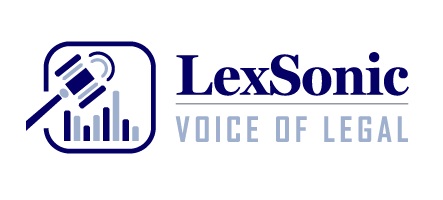Motor Vehicle Accident: Supreme Court Rules Insurer Liable for Goods Vehicle Passengers.
08-August-2025
Civil Appeals >> Civil & Consumer Law
The case involved 11 claim petitions before the Motor Accidents Claims Tribunal. The appeals arose from three of these claims, where the insurance company had challenged its liability. The High Court had absolved the insurer, placing the burden on the driver. The appeals to the Supreme Court were filed by the driver, challenging this decision.
The insurance company's main arguments were:
- The injured and deceased were gratuitous passengers in a goods vehicle, which is an exclusion under the policy.
- The registered owner had transferred possession and "ownership" of the vehicle to the driver through an agreement, so the policy was no longer valid for the driver.
The Supreme Court examined both contentions and found them to be without merit.

Regarding Gratuitous Passengers:
The Court analyzed the evidence and found that the injured and deceased were not gratuitous passengers. Instead, they were hawkers who were accompanying their goods (fish and vegetables) being transported in the vehicle. The Court noted that the insurer's witness admitted to having no knowledge of the passengers' status, and the insurer failed to produce any evidence to substantiate their claim. The Court referenced Section 147 of the Motor Vehicle Act, which allows for indemnification of a person accompanying their goods in a vehicle.
Regarding Transfer of Ownership
The Court found that the agreement between the registered owner and the driver did not constitute a transfer of ownership. The agreement itself stated that the balance of the sale price was yet to be paid and the registration would be transferred only after that payment. Since the registration was never transferred as required under Section 50 of the Motor Vehicle Act, the registered owner remained the legal owner of the vehicle. Citing the precedent set in Naveen Kumar vs. Vijay Kumar, the Court held that the liability to pay compensation falls on the registered owner, and the insurer must indemnify this liability.
Court's Final Decision:
The Supreme Court overturned the High Court's decision, ruling that the insurance company is liable to satisfy the awards. The appeals were allowed, and the insurer was ordered to pay the compensation awarded by the Tribunal (and enhanced by the High Court in some cases) with the specified interest.
